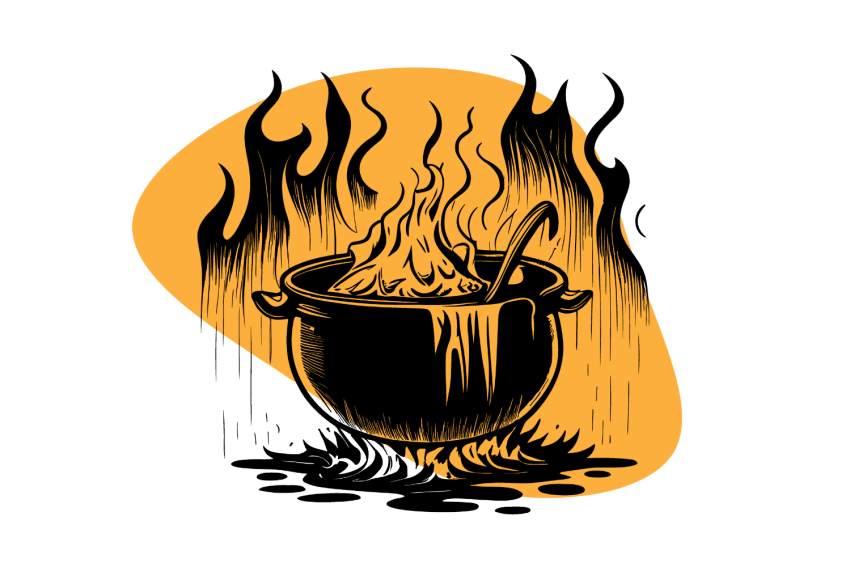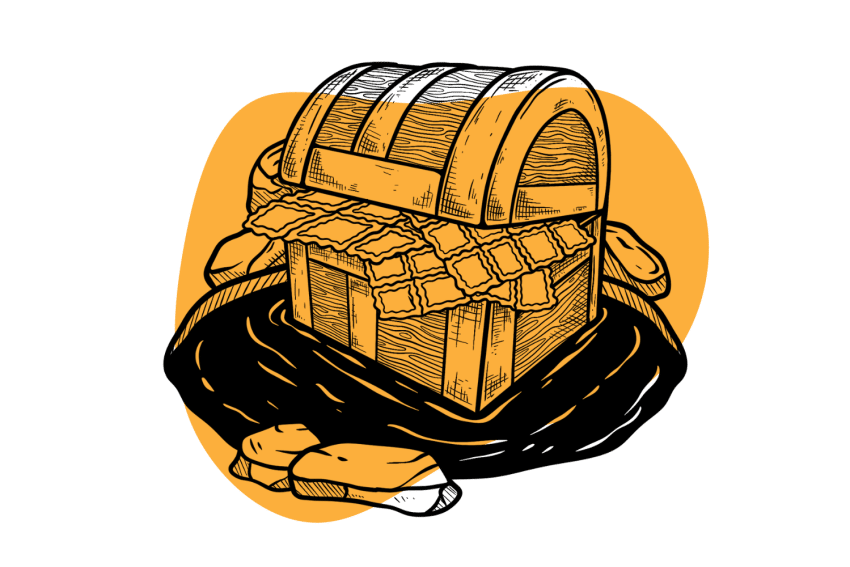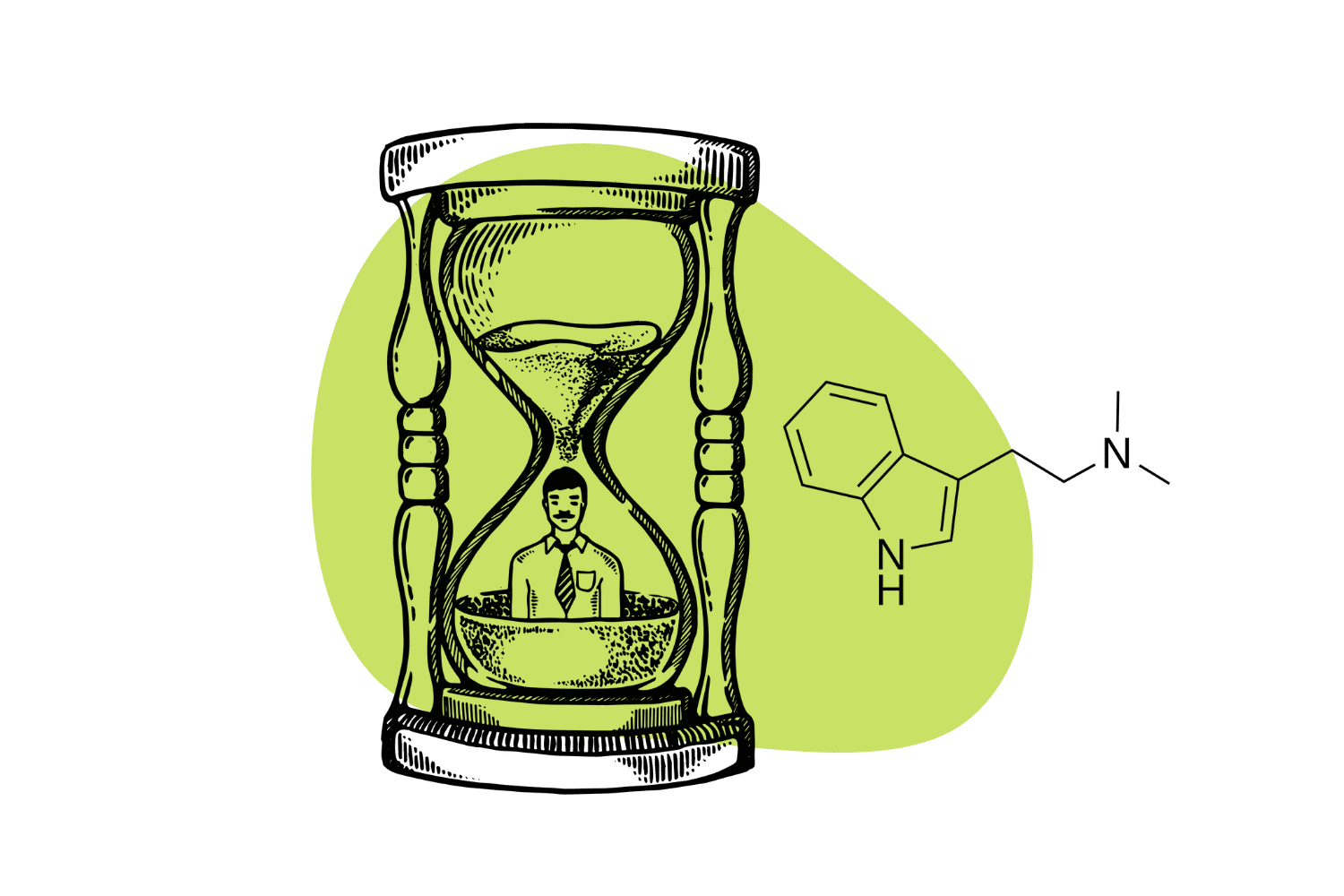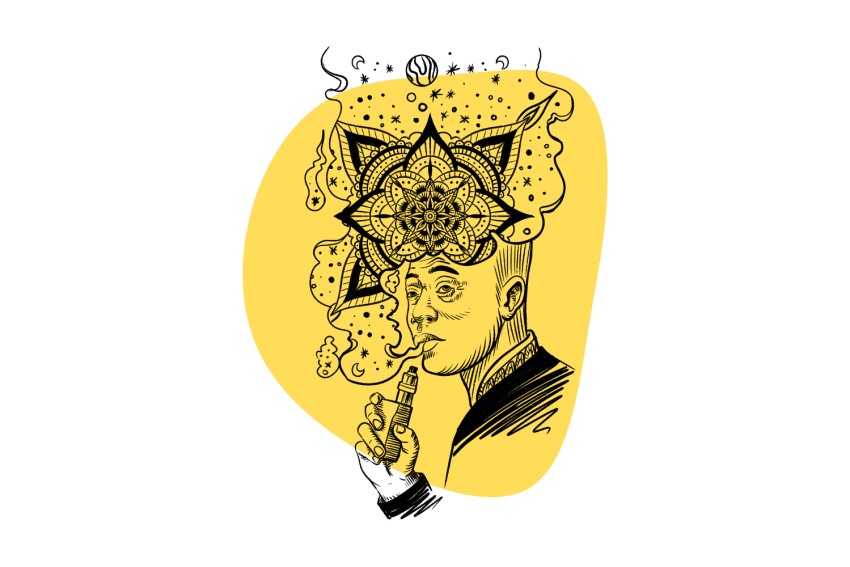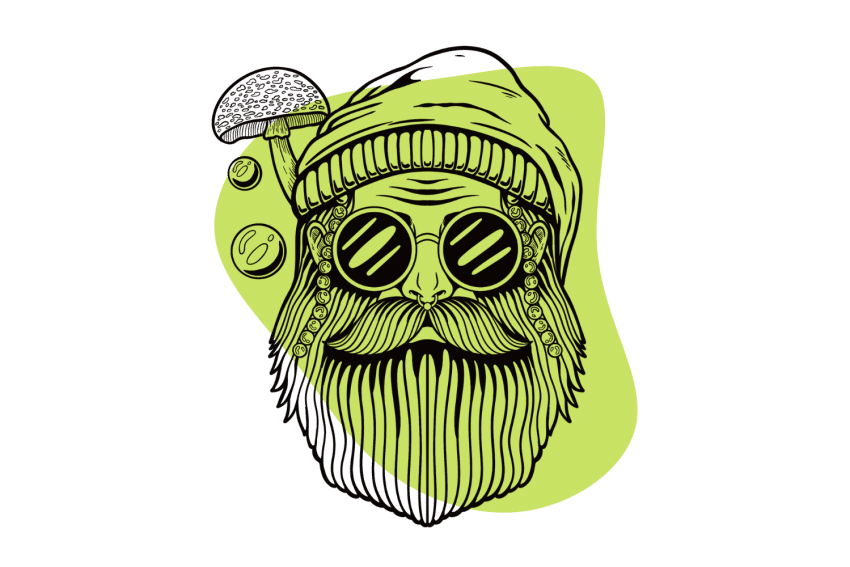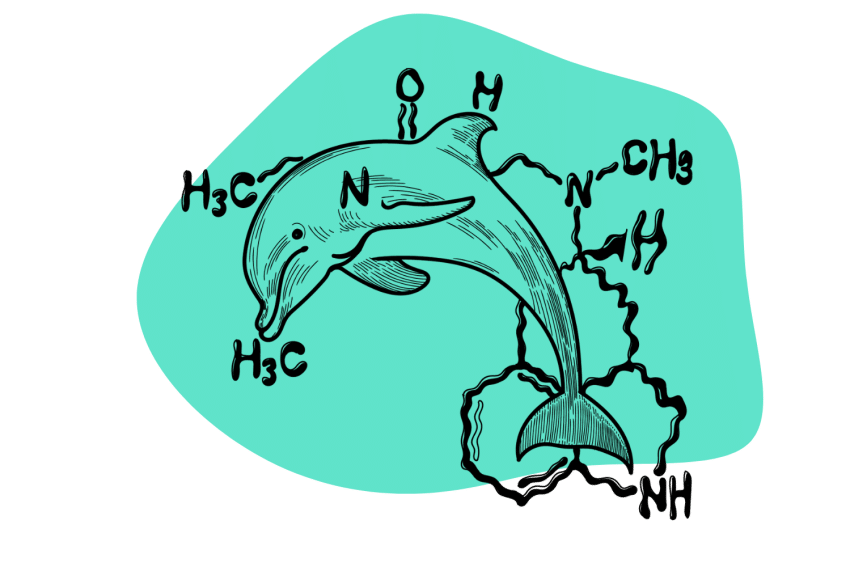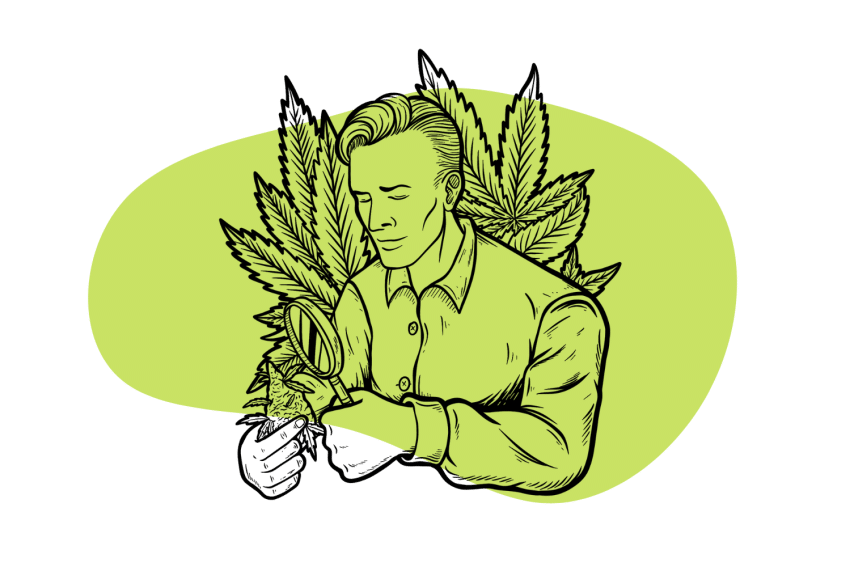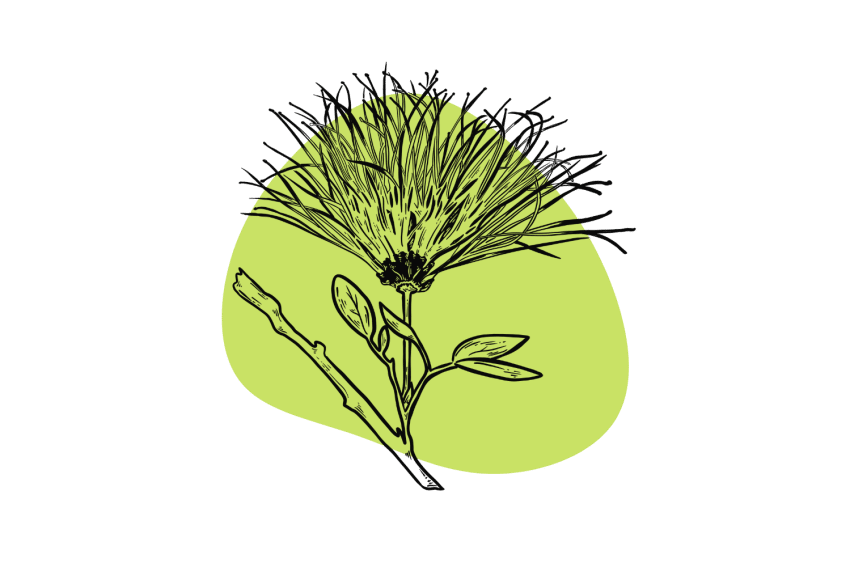What Is the União do Vegetal (UDV)?
The Uñiao Do Vegetal is one of two religious groups in the US granted exception from the controlled substances act.
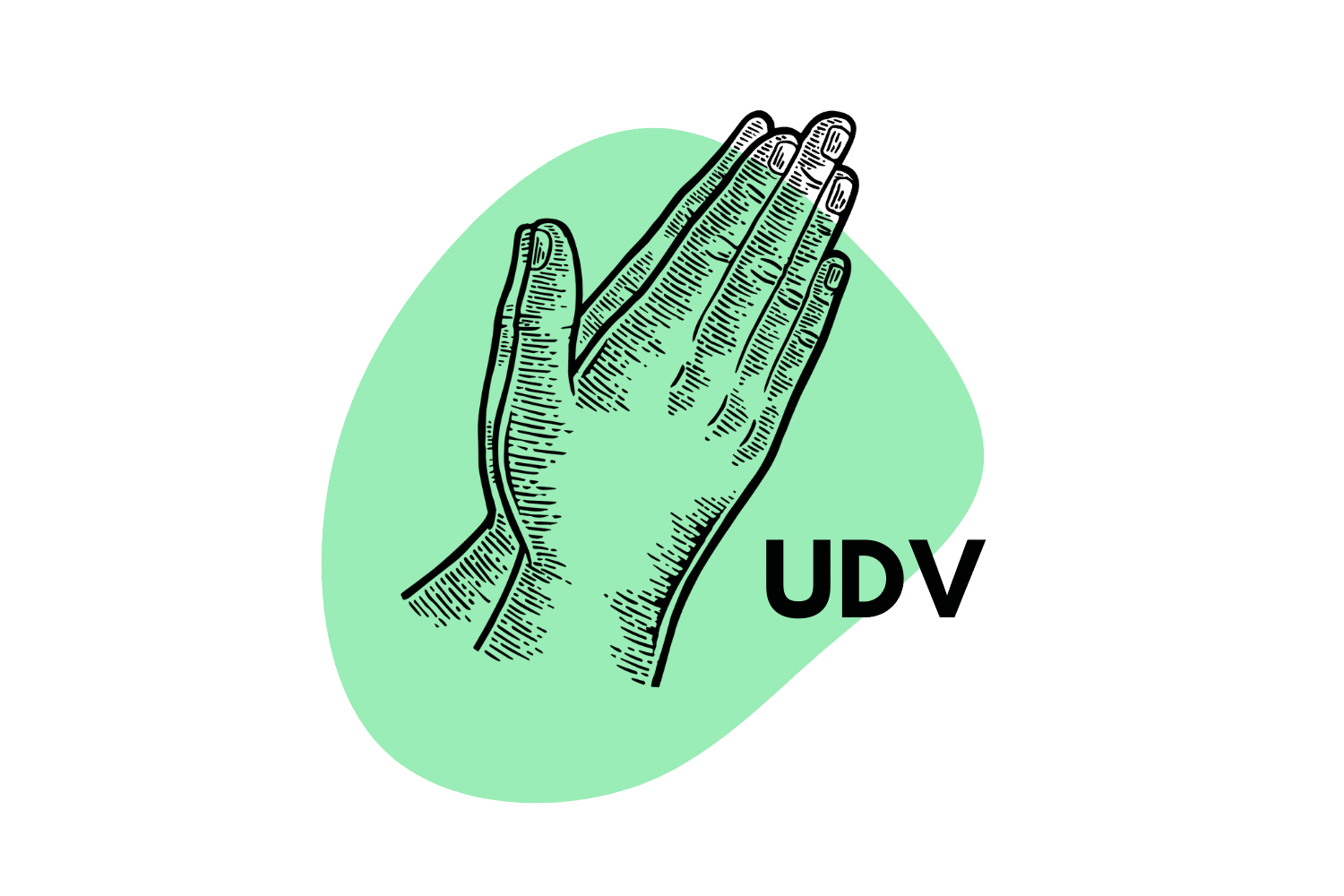
The União do Vegetal (UDV) is a religious group focused on spiritual expansion that encourages members to explore reality to become closer to God.
UDV members gather twice a month to drink ayahuasca, a psychoactive Brazilian tea that induces hallucinogenic visions and makes users feel more in tune with the spirit.
This article explores the legal side of the UDV, explaining why ayahuasca is a controlled substance, its relationship to DMT, and why the UDV is allowed to use a banned substance for its religious ceremonies.
What Is the União do Vegetal (UDV)?
The UDV is a religious group that was created in 1961 to help people find peace and develop their spiritual awareness.
The name “União do Vegetal” is Portuguese and literally translates to “the union of the plants.” A core aspect of UDV is a ceremonial tea brewed with leaves from the ayahuasca plant that has potent hallucinogenic properties.
The UDV is a relatively small religion with barely more than 30,000 members worldwide. It’s most popular in Brazil, where it has roughly 17,000 practitioners. In the United States, it’s far more obscure, with only a few hundred followers throughout the entire country.
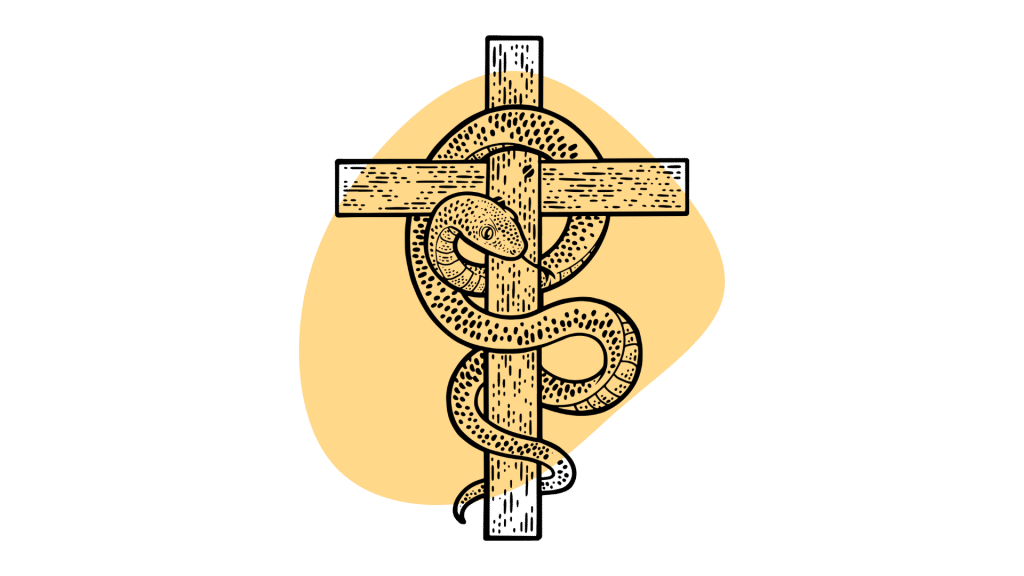
What Are the Beliefs of the União do Vegetal (UDV)?
Members of the UDV believe that their tea ceremonies bring them closer to understanding the universe and their individual spirituality, helping them perceive the world more clearly. They believe that drinking ayahuasca offers insight into the true nature of the cosmos and brings them closer to God.
The UDV is not a branch of Christianity, but members describe themselves as Christian “spiritists,” which means they support Christian ideals and philosophy. It also means they believe that the spiritual world is as real as the material world and that people attuned to it can feel its presence. This distinctly sets them apart from traditional Christian religions.
How Does the União do Vegetal (UDV) Practice Its Religion?
Practicing UDV involves twice-monthly congregations where members meet to recite their bylaws, drink ayahuasca, and commune with each other and the spirits. UDV congregations are uneventful affairs to onlookers, with members settling into comfortable poses with pillows and blankets to experience the effects of drinking the infamous tea.
How Is the União do Vegetal (UDV) Related to DMT & Ayahuasca?
The UDV garners attention from the media for its tangential relationship to DMT. But the group really only uses ayahuasca, which is a combination of two plants — one that contains DMT, the other simply enables DMT to exert its psychoactive effects.
While DMT is technically the active ingredient in ayahuasca, the two are entirely distinct. Ayahuasca contains an MAO inhibitor that stops the natural rapid breakdown of DMT. As such, the experiences of drinking ayahuasca tea and smoking DMT are similar, but ayahuasca “trips” last far longer.
DMT is a powerful hallucinogen banned by the United States federal government, but the UDV is granted a religious exemption to use ayahuasca tea as a part of its rituals.
What Are the Effects of Ayahuasca? Why Is It Used for Religious Ceremonies by the UDV?
People who use ayahuasca report intense feelings of spirituality and connectedness with the universe. Many describe the experience as a spiritual awakening and claim that they feel as if they’ve been reborn.
A common feature of ayahuasca is interaction with interdimensional beings that users claim are guides to the spiritual world. The famous psychonaut Terence McKenna referred to these beings as machine elves or clockwork elves.
The prevalence of experiencing similar creatures across different users and cultures leads some to conclude that they aren’t just hallucinations but part of a separate plane of existence.
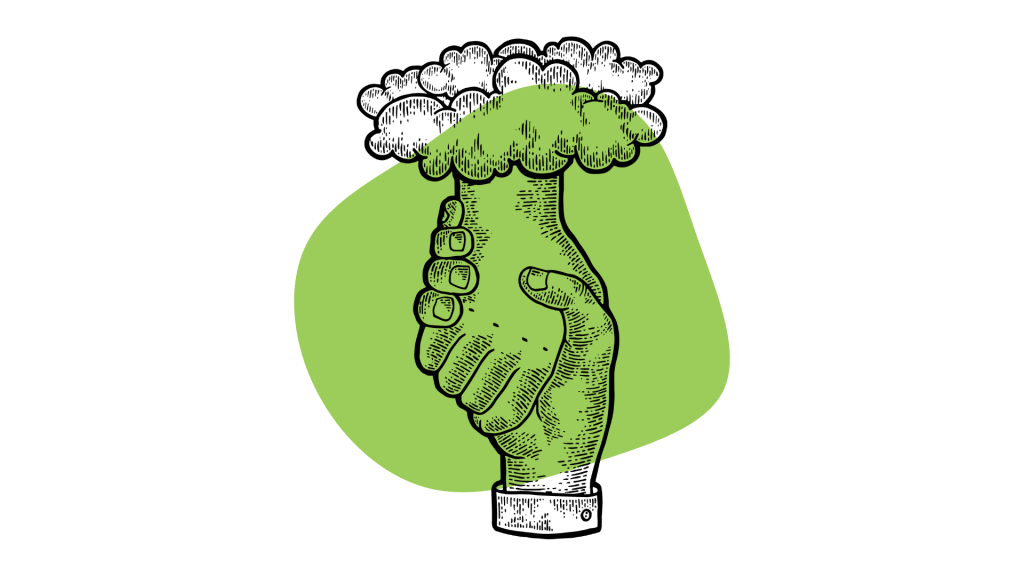
Many ayahuasca users say they feel profound peace after taking it and that they have a better understanding of themselves and the world.
More tangibly, ayahuasca can also have physical effects, especially in large doses. Some people experience vomiting and diarrhea, although this is more common among newer users. Other side effects of ayahuasca include sweating, sedation, shaking, confusion, dizziness, and tremors.
Why Can the UDV Use Ayahuasca Legally?
The UDV’s ayahuasca ceremonies are protected under laws that prohibit the United States government from interfering with religious activities that don’t harm other people or infringe on other people’s rights.
Not everyone agrees that the UDV should be allowed to drink ayahuasca, and in 1999 the matter was thrust into the public consciousness when federal agents confiscated ayahuasca from a UDV office in Santa Fe.
The case proceeded through the courts until it reached the Supreme Court in 2004. In 2006, the Supreme Court ruled that the UDV could continue to use ayahuasca during its religious ceremonies, citing the Religious Freedom Restoration Act.
Even with the Supreme Court decision supporting the UDV’s religious freedom to drink ayahuasca, individual states are still free to regulate or ban ayahuasca for UDV ceremonies as they see fit. No states have banned ayahuasca for religious purposes, and several locations have decriminalized it, including Oakland, California, and Ann Arbor, Michigan.
Is Ayahuasca Legal for Any Other Religious Groups In the US?
Yes, Santo Daime, another religion with South American roots, also has a religious exemption from the federal ayahuasca ban. It was founded in the early 1930s by Raimundo Irineu Serra.
Santo Daime’s beliefs are an amalgamation of beliefs from other faiths, primarily Folk Catholicism, African Animism, and South American shamanism.
Santo Daime practitioners drink ayahuasca during religious ceremonies, although they refer to it as Daime.
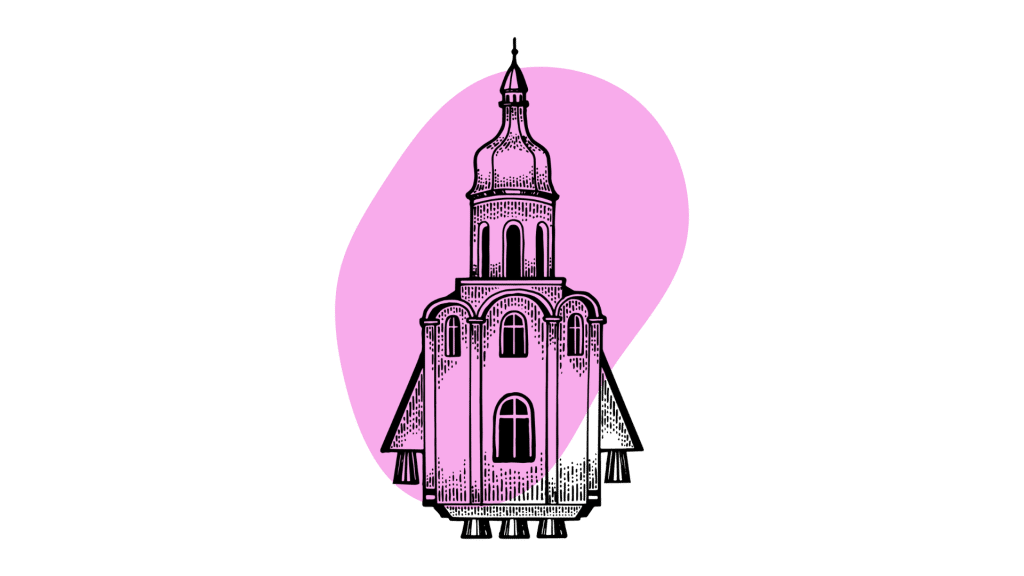
Wrapping Up: Why the UDV Can Use Ayahuasca Legally
The UDV can use ayahuasca — despite the compound’s federal ban — thanks to a Supreme Court decision upholding the group’s freedom to practice its religion. Ayahuasca is the plant that DMT is derived from and is considered a Schedule I drug, but several groups, including the UDV, are allowed to use it as part of their religious practices.
Ayahuasca has a long history of use in South America, especially in Brazil. For centuries, people have believed that drinking ayahuasca brings them closer to God and helps them discover the true nature of reality.

